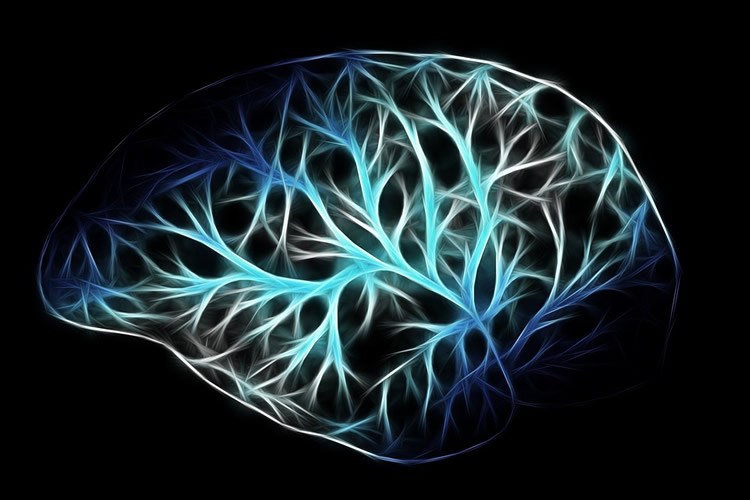Aerobic exercise can improve memory function and maintain brain health as we age, a new Australian-led study has found. In a first of its kind international collaboration, researchers from Australia’s National Institute of Complementary Medicine at Western Sydney University and the Division of Psychology and Mental Health at the University of Manchester in the UK examined the effects of aerobic exercise on a region of the brain called the hippocampus, which is critical for memory and other brain functions. Brain health decreases with age, with the average brain shrinking by…
Read MoreCategory: Health
You’ll Want To Steal Olympian Dara Torres’ Morning Routine
It’s so good she wakes up without an alarm.
Read MoreResearchers Discover the Brain is Strobing, Not Constant
According to researchers, perception is cyclical. In a new study, researchers report that, much like visual perception, auditory perception and attention are rhythmic in nature.
Source: University of Sydney.
Read MoreCinnamon Turns Up The Heat On Fat Cells
New research from the University of Michigan Life Sciences Institute has determined how a common holiday spice — cinnamon — might be enlisted in the fight against obesity. Scientists had previously observed that cinnamaldehyde, an essential oil that gives cinnamon its flavor, appeared to protect mice against obesity and hyperglycemia. But the mechanisms underlying the effect were not well understood. Researchers in the lab of Jun Wu, research assistant professor at the LSI, wanted to better understand cinnamaldehyde’s action and determine whether it might be protective in humans, too. “Scientists…
Read MoreFirst Brain Training Exercise Positively Linked To Dementia Prevention Identified
Aging research specialists have identified, for the first time, a form of mental exercise that can reduce the risk of dementia. The cognitive training, called speed of processing, showed benefits up to 10 years after study participants underwent the mental exercise program, said Frederick W. Unverzagt, PhD, professor of psychiatry at Indiana University School of Medicine. The proportion of participants who underwent the training and later developed dementia was significantly smaller than among those who received no cognitive training, the researchers said. There were measurable benefits even though the amount…
Read More




